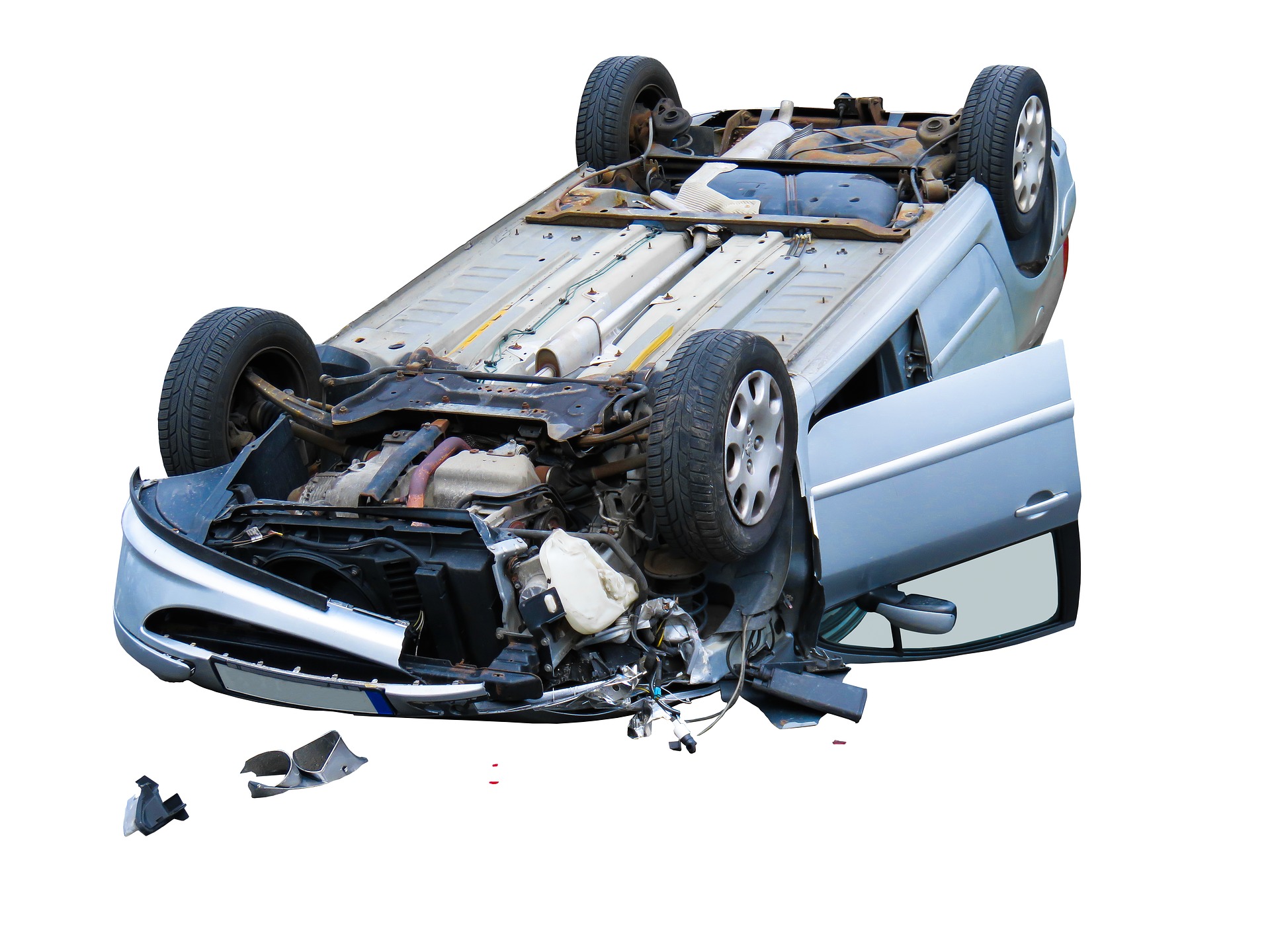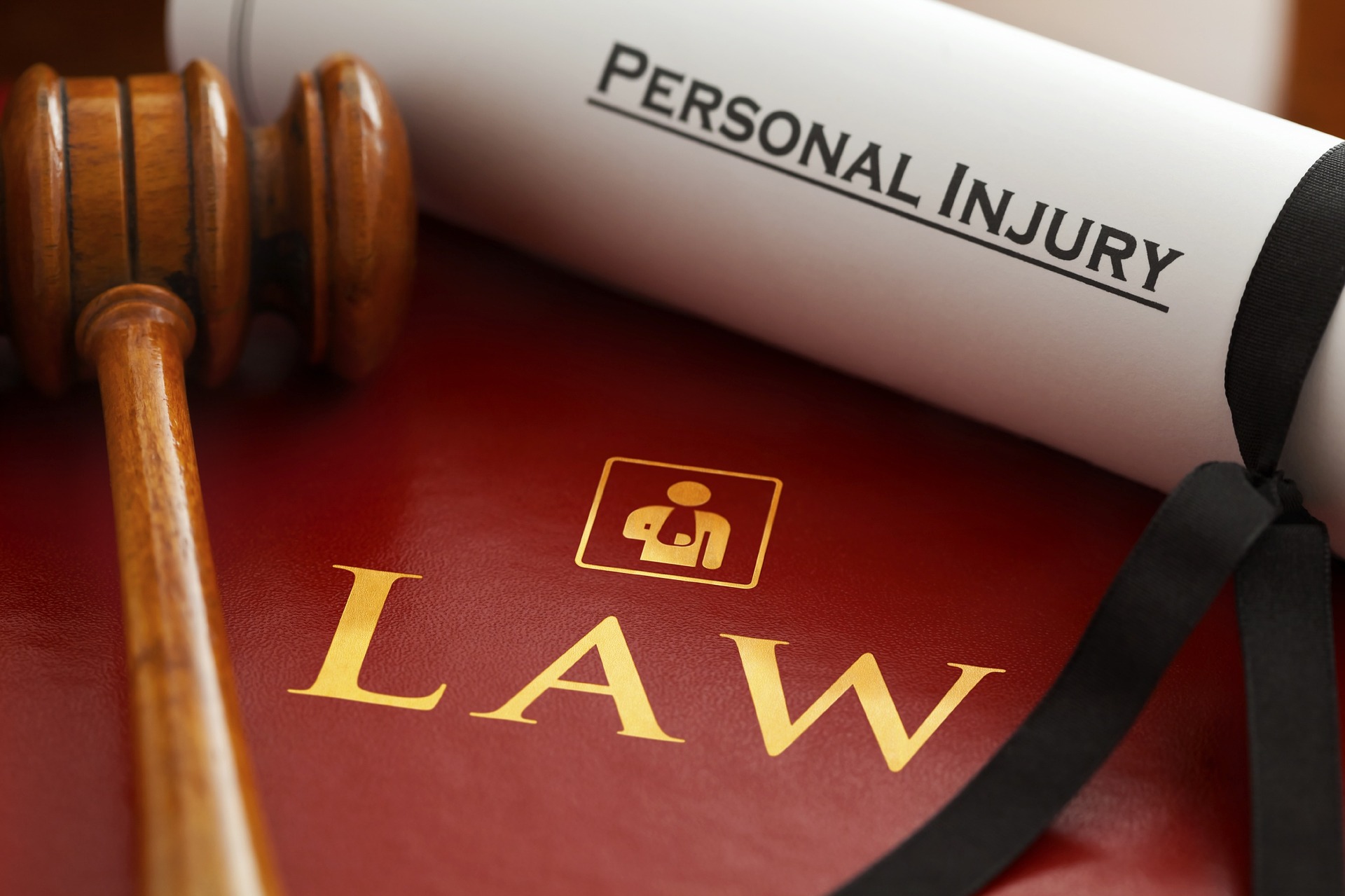When you suffer through the ordeal of a car accident, you’re entitled to payouts for certain types of damages. Depending on whose fault the accident was, the damages you can claim might be limited. Consulting a good attorney will help you to understand what you can or can’t claim.
The US legal system is one of the best in the world for victims of accidents, as it allows you to claim damages through traditional means and also civil cases if required. That means if you suffer because of another person, you have a very high chance of receiving a payout. Today we’re looking at 5 different types of damages you could claim after a car crash.
1. Medical Expenses:
Medical expenses are the first thing to come to mind and the big area which most people are already aware of. After an accident, any medical care and treatment for you should be covered by the payout. One piece of advice – get the treatment before accepting a payout or ask the other side to pay for the treatment. Settling on a fixed figure before treatment leaves you vulnerable because you may require more treatment than expected, so your expenses could end up being higher than the settlement.
This is why it is best to contact a car accident lawyer in New York that can help you manage your medical bills. They can work with the hospital authorities and the insurance company to ensure that your recovery process is as smooth as possible. If you are not in a position to walk or require complete bed rest, you can imagine how difficult it would be to keep running around and get all the paperwork in order. Taking help from an expert car accident lawyer can be the best option to aid in faster recovery.
2. Pain & Suffering:
Pain & suffering is related to the injuries you receive as well as any mental or emotional pain/suffering. Medical expenses cover actual treatment but this area covers compensation for the time you’ve suffered or spent in pain. For example, experiencing the pain of broken bones for a couple of hours before receiving pain relief would classify as pain & suffering.
3. Loss of Income:
If you need time off work, for recovery, or for court obligations, you’re entitled to lost wages for this time. Any other lost income, including self-employed income, can also be compensated. In the case of long-term injury, this area of damages can go as far as factoring in your lifetime earnings – especially if your family relies on it. There are also times when the unemployed can claim lost income on the basis of it harming your ability to work in the future.
4. Property Loss/Damage:
Any valuables that are damaged or lost should also be compensated. This obviously includes your car but it can extend to other valuables as well, such as contents of the vehicle, items you had on your person, and even jewelry & clothing if it is lost or damaged during the accident.
5. Loss of Companionship:
This one can vary from state to state, but generally, you can claim for loss of affection/companionship.
Usually, you need to be married to apply for this. Though it could be possible for unmarried couples who can prove an ongoing long-term relationship in some states.
Sometimes known as loss of consortium, this type of damage covers the loss of an intimate relationship. It can also apply to children if the accident has left a parent unable to show the same nurturing and affection given previously.
What about Future Expenses?
By now we all know the common types of damages you can claim after a car accident—medical expenses, pain, and suffering, loss of income, property loss, and loss of companionship—there’s an important area missing!
What about future medical expenses?
Why Future Medical Expenses Matter
After a severe accident, the healing process doesn’t stop once the initial medical treatments are over.
We are talking about long-term rehabilitation, follow-up surgeries, therapy, or even ongoing medication, which are often necessary. So, these costs can add up over time.
Many victims fail to claim future medical expenses, leaving them financially burdened for years.
How to Account for Future Medical Costs
When negotiating your settlement or preparing for court, it’s essential to factor in potential future medical treatments.
This may require gathering medical expert testimony or thorough documentation from healthcare providers detailing your recovery outlook. Don’t settle too early!
Without considering future costs, you may receive far less compensation than you truly need to cover your medical journey.
Therefore, missing out on future medical expenses in your claim can be financially devastating.
Whether you’re working with an attorney or navigating the process alone, always account for the long-term impact of your injuries.
How will your recovery look months or years from now, and are you prepared for those costs?
Read Also:






















